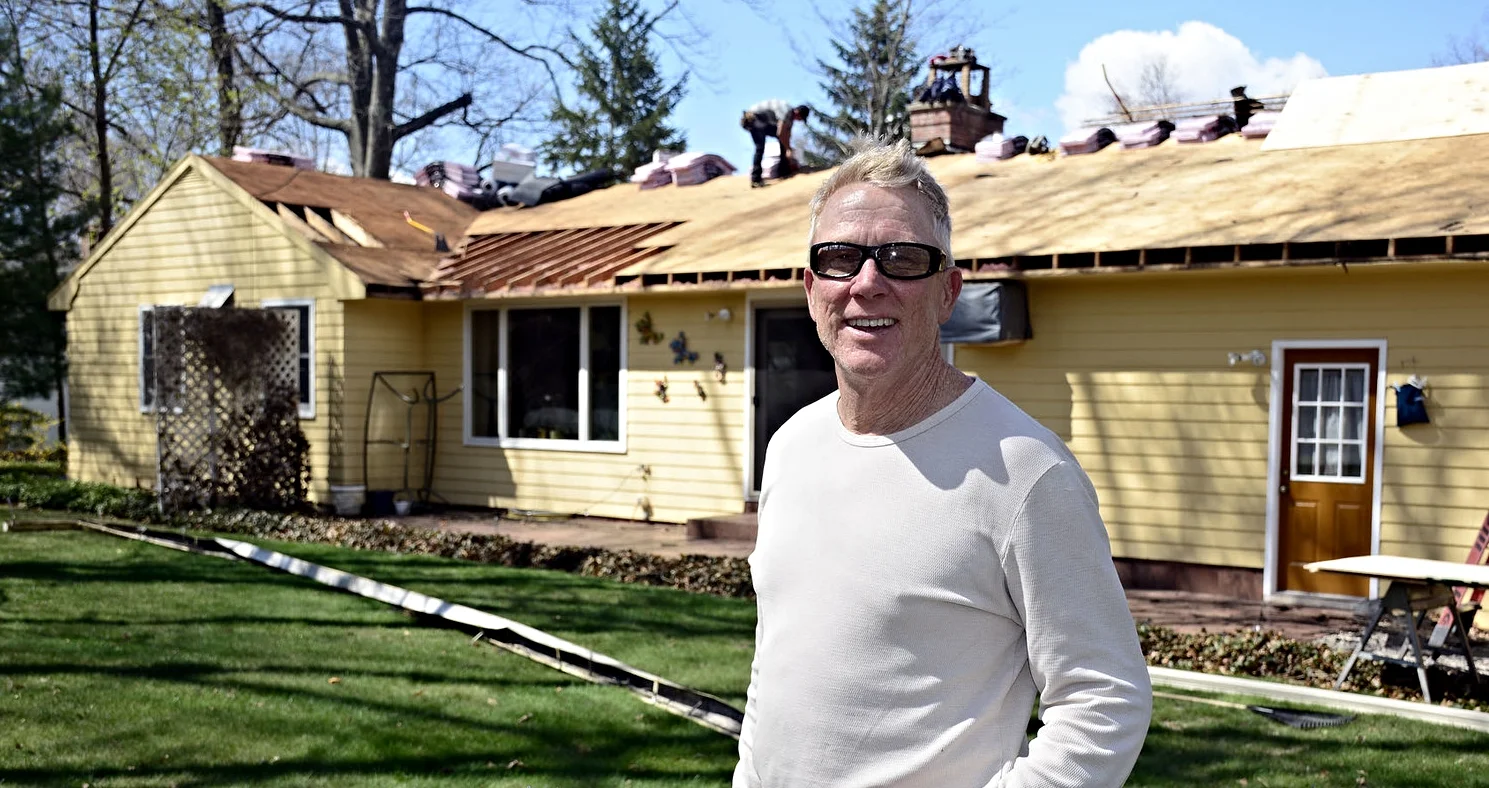Painting Over Mold? The Truth About ‘Quick Fixes’
Chelsea O'Donnell
Mold is unsightly, and I understand that nobody wants to stare at a dark, blotchy patch on their bathroom ceiling or basement wall. Sure, a quick coat of paint seems like an easy way to make the problem disappear. But here’s the thing about “quick fixes”: they’re rarely fixes at all. Especially when it comes to mold.
Painting over mold is one of those home myths that just won’t die. It looks better for a little while, sure. But underneath that shiny new layer of paint, the problem is still there and it’s growing, spreading, and getting ready to bubble its way back to the surface.
Let’s talk about why this happens, what it means for your home, and the right way to deal with it (so you’re not repainting again next month).
Why Paint and Mold Don’t Mix
Mold is a living organism, not a stain. It feeds on organic material like drywall paper, wood, dust, and anything else it can digest. It also thrives in damp, humid environments. When you paint over mold, you’re basically trapping that living organism under a layer of latex and giving it a warm, dark place to multiply.
Even paints labeled as “mold-resistant” don’t kill existing mold; they simply make it harder for new spores to take hold. Think of them as preventive, not curative. Once mold has already started to grow, those spores will continue doing what they do best - eating, spreading, and eventually breaking through the surface again.
That’s why the dark spots you “covered up” always seem to come back, no matter how many coats you roll on. You didn’t solve the problem. You just hid it temporarily.
The Real Risk Isn’t Just Cosmetic
Mold isn’t just an eyesore. Prolonged exposure to mold spores can aggravate allergies, trigger asthma, and cause respiratory irritation, especially in kids, older adults, and anyone with a compromised immune system. Even if your home’s air feels fine, hidden mold can create ongoing air quality problems that only get worse over time. And if it spreads into insulation, behind drywall, or under flooring, you’re looking at a much bigger repair bill later.
So no, it’s not “just a little spot.” It’s a sign of a deeper moisture issue that needs your attention.
How to Fix It the Right Way
Before you paint, you have to address two things: the mold itself and the source of the moisture that caused it. Here’s the right order of operations:
Find the moisture source. Is there a roof leak, poor ventilation, a plumbing issue, or a condensation problem? Fix that first. Otherwise, the mold will just come back.
Kill the mold. For small areas (less than 10 square feet), you can usually handle it yourself. Wear gloves, a mask, and goggles, and use a cleaner designed to kill mold, not just bleach. Bleach can discolor mold, making it look gone when it isn’t.
Remove damaged material. If the mold has eaten into drywall, insulation, or wood, those materials need to go. Scraping and cleaning won’t cut it if the spores have taken root inside porous surfaces.
Dry the area completely. Fans and dehumidifiers are your friends. Moisture left behind is an open invitation for mold to start over.
Seal and repaint. Once the area is clean, dry, and sound, use a high-quality primer made for problem areas before painting. Products designed for bathrooms or basements help prevent future issues.
Prevent, Don’t Patch
Once you’ve done the hard work, prevention is your best defense. That means improving ventilation, keeping humidity below 50%, and addressing leaks immediately. It also means thinking long-term. Proper insulation, vapor barriers, and routine roof and gutter maintenance all play a role in keeping moisture (and mold) out.
Final Thoughts
Painting over mold might make things look better for a while, but it’s the home-improvement equivalent of spraying air freshener in a garbage can. The only real solution is to stop the problem at the source.
So, before you pick up that roller, step back, figure out what’s causing the moisture, and deal with the mold properly. It’ll save you time, money, and maybe even your lungs.
Bob O’Donnell is the owner of O’Donnell Bros. Inc., a Bristol-based home improvement company established in 1975. Email your questions to info@odonnellbros.com with the subject line “Ask the Pro.” All questions may be considered for publication. To contact Bob for your remodeling needs, call O’Donnell Bros. Inc. at (860) 589-5155 or visit http://www.odonnellbros.com. Advice is for guidance only.
